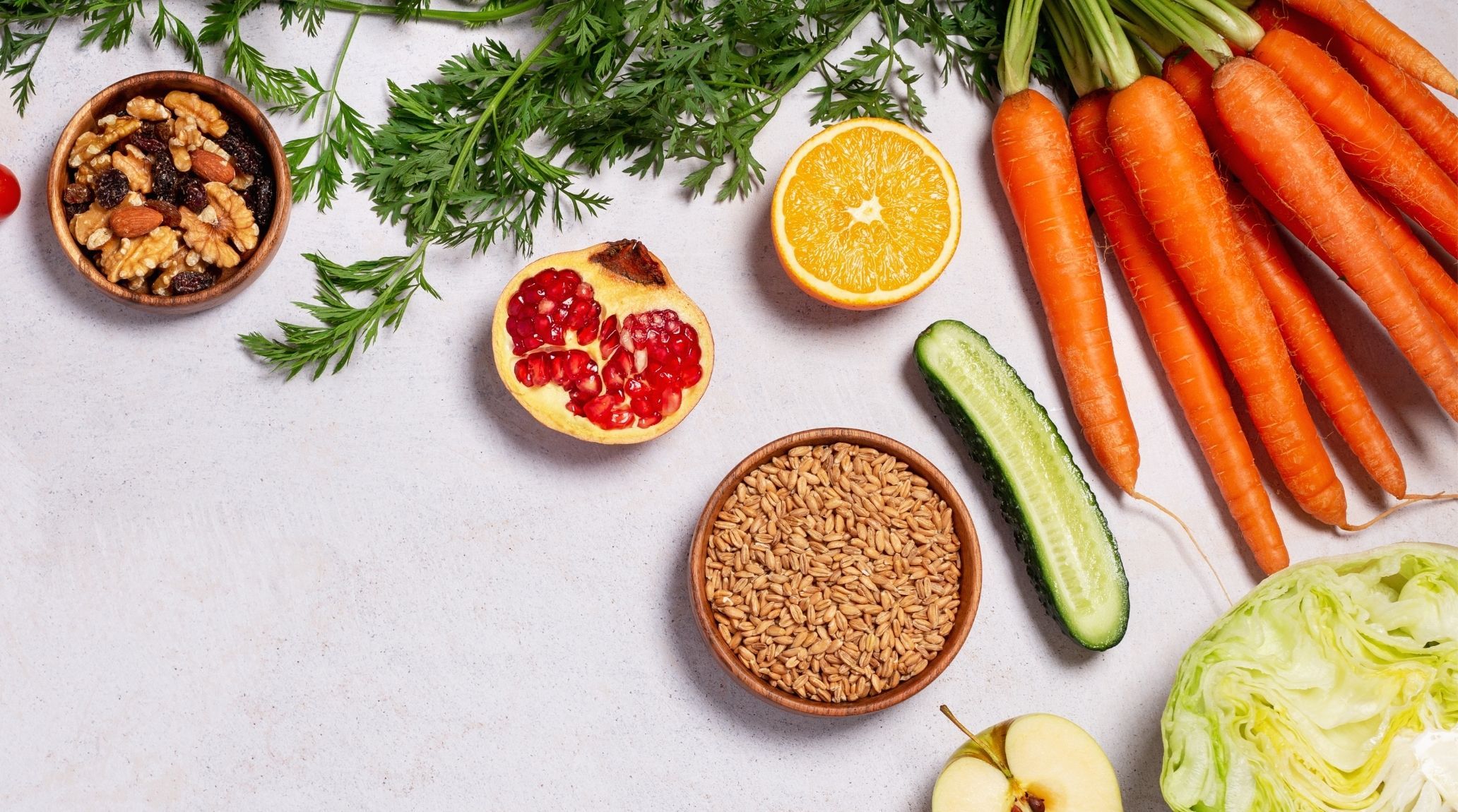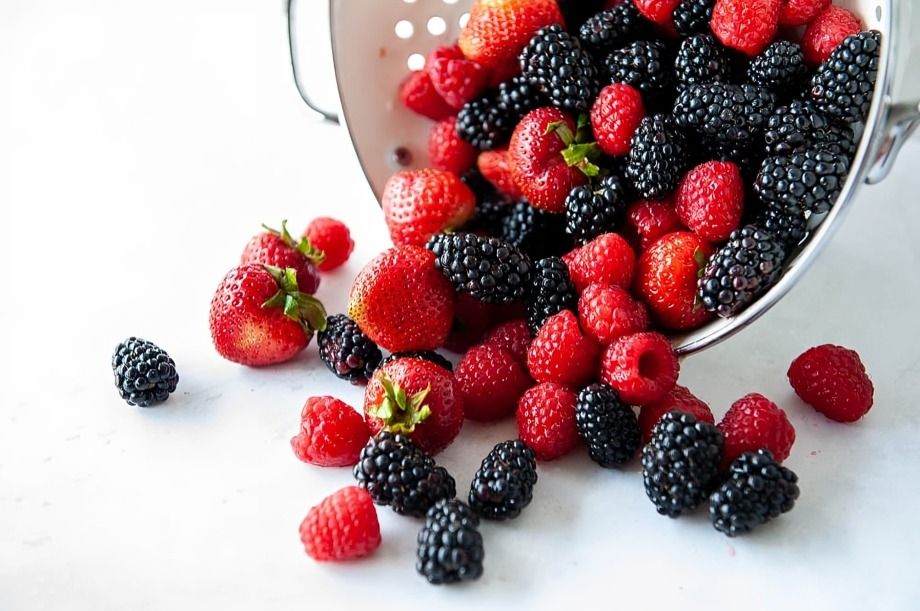
“
Maintaining a healthy lifestyle is often associated with strict dietary regimens and avoiding indulgences. However, a balanced approach to eating, focused on moderation and variety in diet, can be more effective and enjoyable. By incorporating a wide range of foods from all food groups in appropriate portions, you can ensure you receive the essential nutrients your body needs while also savouring the foods you love. This blog will explore 20 fascinating facts about how moderation and variety in diet contribute to a healthy life, enhancing your overall well-being and making healthy eating a sustainable habit.1
1
”
Eating a variety of foods ensures you get a wide range of essential nutrients like vitamins, minerals, and antioxidants. This diversity supports overall health by providing the body with everything it needs to function optimally.1
A balanced diet involves consuming a variety of foods from all food groups, controlling portion sizes, staying hydrated, limiting added sugars and salt, and enjoying treats in moderation. It provides essential nutrients, supports energy levels, and helps prevent chronic diseases.2

Coconut oil is a versatile and healthy alternative for cooking and baking, packed with beneficial fats that enhance energy levels and support metabolism. Swap it for butter or oil in your recipes to add a delicious tropical flair.
Fish and nuts are rich in omega-3 fatty acids, which can improve mood and reduce symptoms of depression. These nutrients support brain health and neurotransmitter function, influencing mood positively. 3
Whole grains, such as brown rice and whole wheat, offer more fibre and nutrients compared to refined grains like white rice and white flour. The additional fibre and vitamins in whole grains contribute to better digestive health and overall nutrition. 4
Use smaller plates or bowls, and avoid eating directly from packages. Be mindful of serving sizes. This practice can help you manage your food intake and prevent overeating. 5
Antioxidant-rich foods such as berries and leafy greens protect brain cells from damage and support cognitive function. Omega-3 fatty acids and vitamins like B12 also play crucial roles in maintaining brain health. 6
Eggs are a complete protein source, containing all the essential amino acids your body needs. Whether scrambled, boiled, or made into an omelette, eggs are a versatile and tasty option for any meal. 7
Kids need more fats than adults. Healthy fats in breakfast keep kids fuller longer and stabilise blood sugar. Enjoyable options include eggs, avocado toast, whole milk yogurt, and oatmeal with nut butter. 8
Moderation means avoiding excess. In nutrition, it refers to consuming only the amount of food your body needs for health. Focus on whole grains, vegetables, fruits, and lean proteins in appropriate portion sizes. 9
Nuts like almonds and walnuts are tasty, lean protein sources and healthy fats. They are perfect for snacking, adding to yoghurt, or sprinkling on salads. Nuts are also rich in antioxidants and can help boost your brain power. 10
Limit Distractions, Avoid TV or phone use during meals to stay in tune with your hunger cues. When you’re mindful of your food, you’re more likely to enjoy it and recognize when you’re satisfied. 11
Kiwis, delightful fuzzy fruits, are true nutritional powerhouses. Main sources of vitamin C kiwi are also rich in potassium. The concentration of vitamin C is double that of citrus fruits. 12

Berries, such as blueberries, raspberries, and strawberries, are rich in antioxidants, making them nutritional powerhouses. They provide anti-aging benefits, support memory function, and promote urinary tract health, making them a delicious and health-boosting addition to your diet.
Complex carbohydrates like whole grains and legumes provide sustained energy, preventing energy crashes. They release glucose slowly into the bloodstream, maintaining steady energy levels throughout the day. 13
Practising moderation allows for occasional indulgences without derailing overall health goals. It helps maintain a healthy weight and prevents overconsumption of calorie-dense foods. 14
Potatoes are naturally fat-free, cholesterol-free, and low in sodium. They’re an excellent source of vitamin C, and when eaten with the peel, they provide potassium. Foods rich in potassium and low in sodium, like potatoes, may help reduce the risk of high blood pressure and stroke. 15
Enjoying a variety of cuisines exposes you to different cultural traditions and culinary delights. It fosters appreciation for diverse cultures and encourages culinary exploration. 16
Variety in your diet makes meals more enjoyable and satisfying, encouraging mindful eating practices. It promotes a positive relationship with food and enhances the overall mealtime experience. 17
Rich in healthy fats and protein, avocados stand out as the fruit with the highest protein content. Their creamy texture and mild taste make them a versatile ingredient in salads, dips, and even desserts, earning them a beloved status among health enthusiasts. 18


